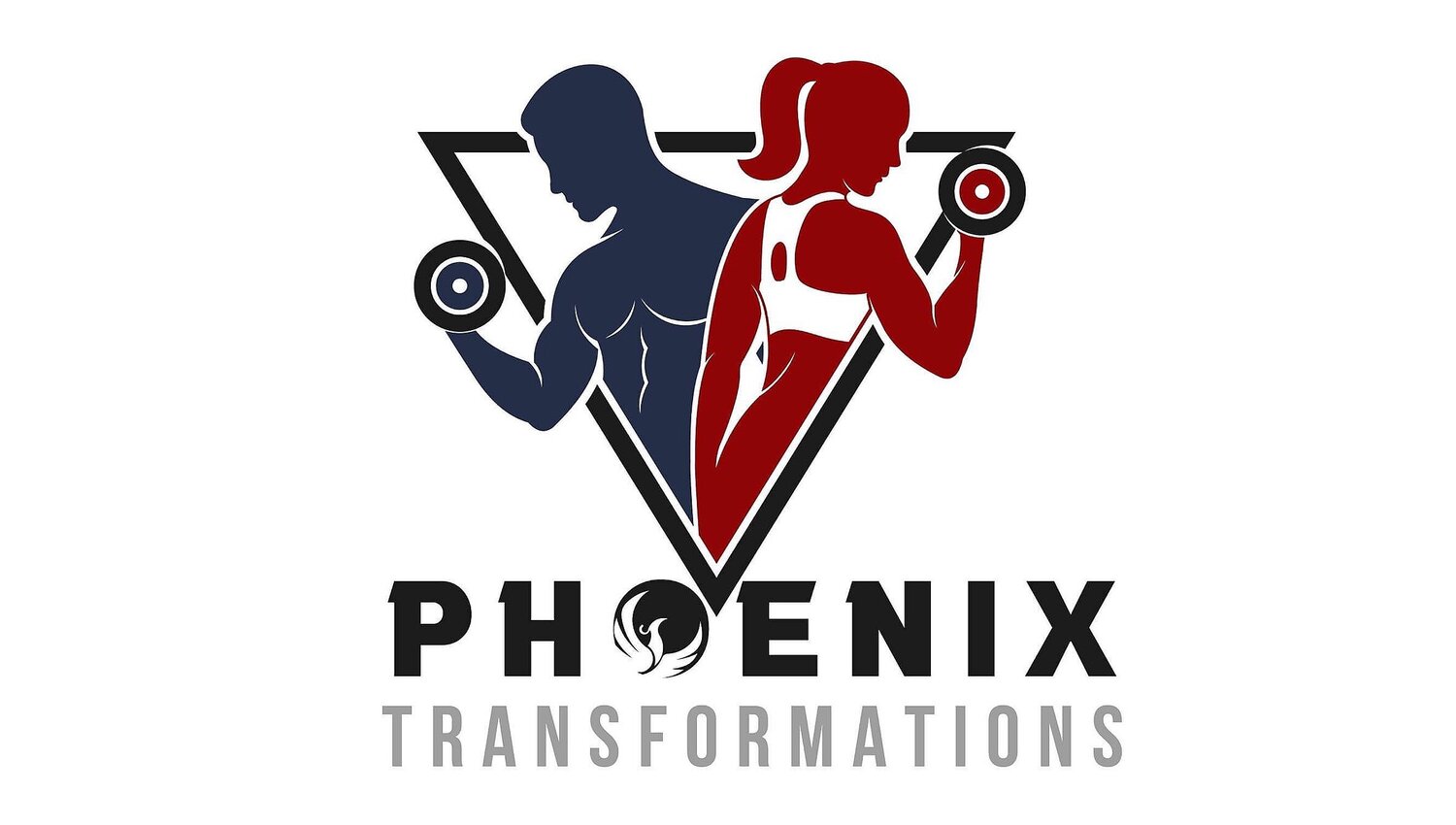
&
Phoenix Transformations
You may qualify to use your HSA/FSA Funds for Coaching.
Don’t wait until you are sick to access your HSA/FSA funds.
Be proactive and use your funds for preventative care.
With this new partnership, our services are now eligible for HSA/FSA reimbursement.
How does it work?
Step 1
Fill out the HSA/FSA evaluation form. If eligible, pay $30 to receive a review from a licensed practitioner who can issue your Letter of Medical Necessity. If you are ineligible, you pay nothing.
Step 2
A Truemed independent licensed provider will review your form and, if appropriate, will create and send over the Letter of Medical Necessity (generally within 24-48 hours). You will receive your LMN in an email that looks like this, along with instructions on how to obtain reimburse.
Step 3
Work with your coach and continue paying as you usually do with credit/debit, then submit receipts for reimbursement! Your LMN is valid for 12 months. If you ever have trouble with reimbursements or have any questions about the process, you can email the Truemed team at support@truemed.com . You can also get more info in the FAQ’s below.
FAQs
-
Truemed partners with merchants and brands to enable qualified customers to use HSA/FSA funds on qualified products and services that are used to treat, mitigate, or prevent a diagnosed medical condition.
Truemed partners with a network of individual licensed practitioners who evaluate customers’ eligibility and issue Letters of Medical Necessity to qualifying customers, thereby saving customers money on legitimate medical expenditures.
Truemed is backed by best-in-class investors, including functional medicine pioneer Mark Hyman and founders from Thrive Market, Eight Sleep and Levels.
-
Health Savings Accounts (HSA) and Flexible Spending Accounts (FSA) are tax-free accounts that can be used to pay for qualified health expenses.
These accounts are usually set up and managed by an HSA or FSA administrator, and you should have access to said HSA/FSA administrator through your employer (ask your HR department!).
HSAs are typically associated with a high-deductible health plan, and funds do not expire.
FSAs are independent of your health plan, and funds elections occur in October-November each year for the following calendar year. FSA funds expire every calendar year.
Unfortunately, HSAs and FSAs are not available outside of the US, and self-employed individuals (who do not have an HSA from a previous employment) do not qualify for HSAs or FSAs.
-
HSA/FSA accounts were created so individuals could use pre-tax money to pay for expenses used to treat, mitigate, or prevent a diagnosed medical condition.
Because HSA/FSAs use pre-tax money, you’re getting more purchasing power for your dollars. Rather than pay taxes on income and then spend it on health items, qualified customers can use pre-tax funds to invest in their health.
An individual can contribute up to $4,150 pretax to their HSA per year, or $8,300 for a family (plus an additional $1,000 if you are at least 55 years old). Almost every qualified individual will save between $1,000 and $2,000, depending on their state and tax rate.
-
In order to determine whether certain products or services are legitimate expenses for treating, mitigating, or preventing a diagnosed medical condition, HSA/FSA plan administrators often require a letter from a licensed practitioner.
This letter is called a “Letter of Medical Necessity.” It is valid for 12 months.
-
We do not recommend attempting to checkout with your HSA/FSA cards for compliance purposes.
We strongly encourage simply transacting with your normal credit or debit card, and submitting for reimbursement as outlined above for the greatest likelihood of success.
-
Check out this article to get a comprehensive understanding of the reimbursement process.
-
For most FSA/HSA administrators, your expenses will be approved within days when you submit your claim for reimbursement along with your receipt and a Letter of Medical Necessity. The exact timing will vary based on your administrator.
-
Yes. You can still submit for partial reimbursement. For example: if you purchase an eligible item for $100 but only have $60 in your account, you can reimburse $60 of your purchase with your tax-free funds (with the remaining $40 paid for as normal).
-
Please contact us at team@truemed.com so we can help you troubleshoot the issue. HSA/FSA plan administrators often have detailed requirements, so it may be as simple as re-issuing your Letter of Medical Necessity using the administrator’s form.
-
For most Americans, open enrollment is in the last four months of the year. Simply elect to make or increase contributions to your HSA or FSA during this time and you can begin shopping with Truemed merchant partners starting on January 1st.
Truemed enables qualified individuals to spend their HSA or FSA dollars on products that a licensed practitioner recommends in a Letter of Medical Necessity to treat, mitigate, or prevent a specific, diagnosed medical condition.
Funds that you contribute to a HSA or FSA will be pulled from your paycheck, prior to tax withholding, by your HSA/FSA administrator in equal installments through the year.
-
While this depends on your specific HSA or FSA administrator’s policies, we advise that you only submit expenses incurred on or after the date listed on your Letter of Medical Necessity.




